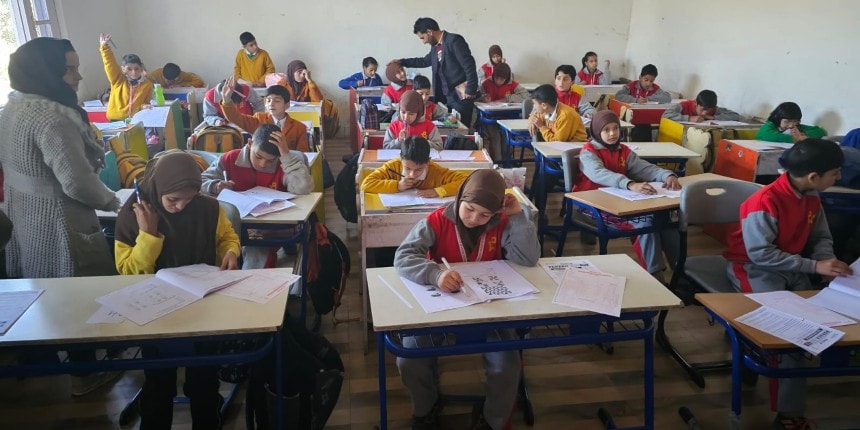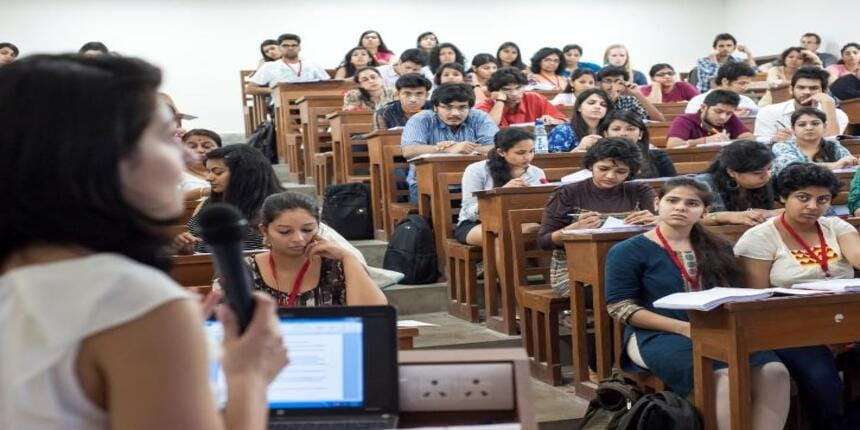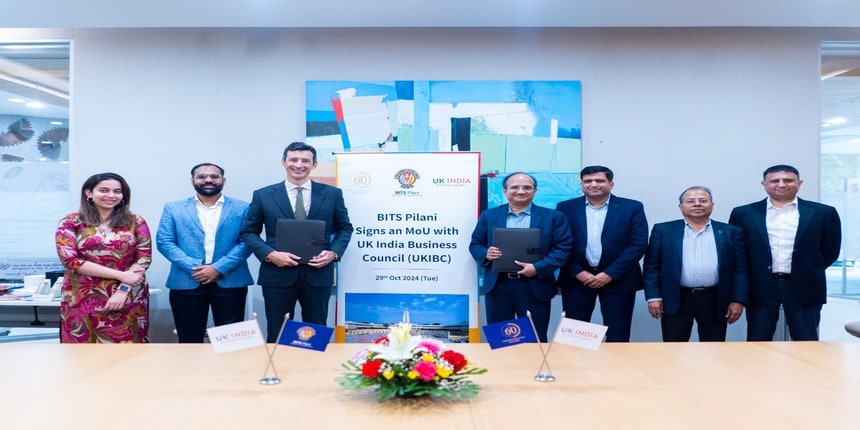‘PARAKH Rashtriya Sarvekshan 2024’ replaces NCERT’s NAS; test for 23 lakh school kids in December
PARAKH Rashtriya Sarvekshan 2024, which replaces NCERT's National Achievement Survey, will test Classes 3, 6 and 9 on a new framework aligned with NCF-SE 2023, global surveys.

Atul Krishna | October 23, 2024 | 10:11 AM IST
NEW DELHI: The National Achievement Survey (NAS), scheduled for December 4, has been renamed “PARAKH Rashtriya Sarvekshan 2024”.And it’s now the responsibility of the National Council of Educational Research and Training’s (NCERT) independent exam body, PARAKH.
Moreover, the new survey will no longer be linked to previous NAS assessments. NAS has been conducted every three years, since its inception in 2001, to evaluate the effectiveness of India's school education system by assessing competencies at various educational stages.
The new PARAKH Rashtriya Sarvekshan 2024 has different assessment frameworks that are more in line with some of the global surveys such as the OECD’s Programme for International Student Assessment (PISA), says a document released by the NCERT.
The PARAKH survey will also be testing students in Classes 3,6 and 9 as opposed to Classes 3,5,8 and 10 in the previous NAS.
Scheduled for December 4, the PARAKH survey will test nearly 23 lakh students in over 75,000 schools across the country.
The Performance Assessment, Review and Analysis of Knowledge for Holistic Development or PARAKH had earlier roped in ETS, which conducts TOEFL and GRE, as an advisor to familiarise the body with international assessments.
No link with National Achievement Survey
According to NCERT’s PARAKH, the assessment framework for the PARAKH Rashtriya Sarvekshan 2024 is slightly different from that on NAS and hence, will not focus on linking with NAS results. This will make it difficult to compare data from December’s test with that from previous NAS assessments.
“It should be noted that linking PARAKH Rashtriya Sarvekshan 2024 to previous cycles, notably NAS 2021, is not the core focus. An inventory of NAS 2021 items showed that many items either do not fit the new framework NCF-SE 2023 or need significant changes (e.g., in the item stem or in the response options). More importantly, it is not without risk if a link with NAS 2021 is created based on small numbers of items that are either not representative of the old framework (i.e., focusing on learning outcomes) or not of the new framework,” said a document released by the NCERT.
The NCF-SE 2023 is the National Curriculum Framework for School Education.
In the initial contract signed with NCERT, one of the key responsibilities of ETS was to frame the new assessment framework while “maintaining a link with NAS 2021” so that scores can be compared. This seems to have been dropped for now.
The National Achievement Survey was last held in 2021 and covered 34 lakh students.
NCERT Parakh Exam: New question paper, framework
The PARAKH Rashtriya Sarvekshan 2024 will conduct a 90-minute test for Classes 3 and 6 covering three sections – language, mathematics, and “the world around us”. Students in Class 9 will sit for a two-hour test in language, mathematics, science, and social studies. The test will be conducted in 20 languages.
A major difference between NAS 2021 and the PARAKH Rashtriya Sarvekshan 2024 will be the use of a question paper design called the “balanced incomplete block (BIB)”. PARAKH said that these designs, which are also used in global assessment frameworks such as PISA, are “highly efficient for estimation of summary statistics” following the tests.
The PARAKH Rashtriya Sarvekshan 2024 has also made efforts to link itself with certain global assessments and initiatives such as the Sustainable Development Goals (SDGs) of United Nations, Global Proficiency Framework (GPF) of UNESCO, Human Capital Index (HCI) developed by the World Bank and Global Alliance to Monitor Learning (GAML) developed by the UNESCO Institute for Statistics.
This survey also claims to look deeper at learning conditions by collecting contextual data of the schools through separate questionnaires for teachers and schools along with the test for students.
Follow us for the latest education news on colleges and universities, admission, courses, exams, research, education policies, study abroad and more..
To get in touch, write to us at news@careers360.com.




